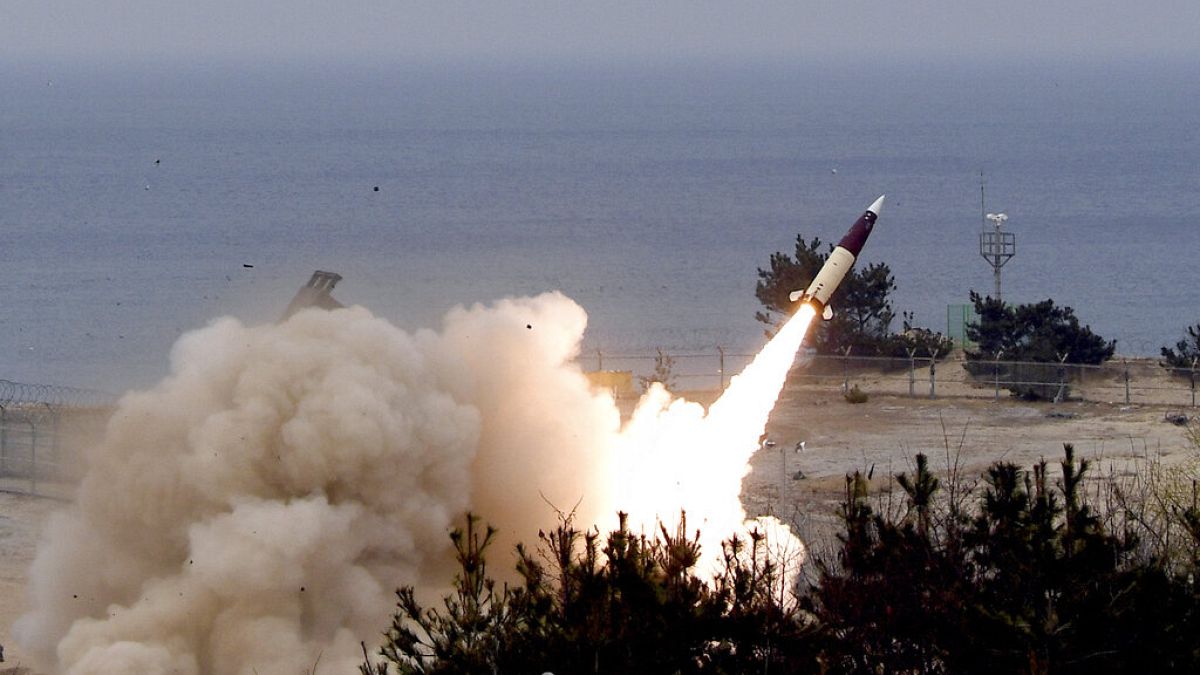Rising air pollution could cut the life expectancy of people in South Asia by more than five years, according to a new report published on Tuesday examining the health effects of polluted air in the region.
South Asia is home to some of the worst air quality countries in the world, including Bangladesh, India, Nepal and Pakistan. According to the latest Air and Life Quality Index, published by the University of Chicago Energy Policy Institute (EPIC), these countries are responsible for more than half of the years of life lost worldwide due to air pollution.
Rapid industrialization and population growth have contributed greatly to the deterioration of air quality in the region.
The level of airborne dust in the region is now more than 50 percent higher than it was at the beginning of the century, and bad air poses an increasing risk to the health of the people who live there.
Bangladesh is the country with the most polluted air in the world. Air pollution shortens the lives of Bangladeshis by an average of 6.8 years per person, while life expectancy in the United States is shortened by an average of 3.6 months due to poor air quality.
Using satellite data, the study's authors calculated the impact of an increase in the amount of airborne dust on life's prospects.
According to the report, India is responsible for 59% of the increase in global air pollution since 2013. Air quality is deteriorating life prospects in the most polluted areas of the country.
In densely populated New Delhi, the most polluted city in the world, life expectancy has fallen by more than 10 years.
By reducing the global level of harmful lung particulate matter, i.e. PM2.5, to the level recommended by the World Health Organization (WHO), life expectancy could be increased by 2.3 years, i.e. globally by a total of 17.8 billion. Years of life – confirmed the report. By following the WHO recommendation – according to which the average concentration of fine particulate matter (PM2.5) should be limited to 5 micrograms per cubic meter – the average Pakistani could live 3.9 years longer, and a Nepalese could live 4.6 years longer.
According to the report, China reduced air pollution by 42.3 percent between 2013 and 2021.
The study's authors urged governments to make air quality data available, because it can help combat air pollution.
(MTI/Reuters)






















![The Italian Souls clone has been delayed, but is coming to multiple consoles [VIDEO]](https://thegeek.hu/wp-content/uploads/sites/2/2024/05/thegeek-Enotria-The-Last-Song-1.jpg)





















